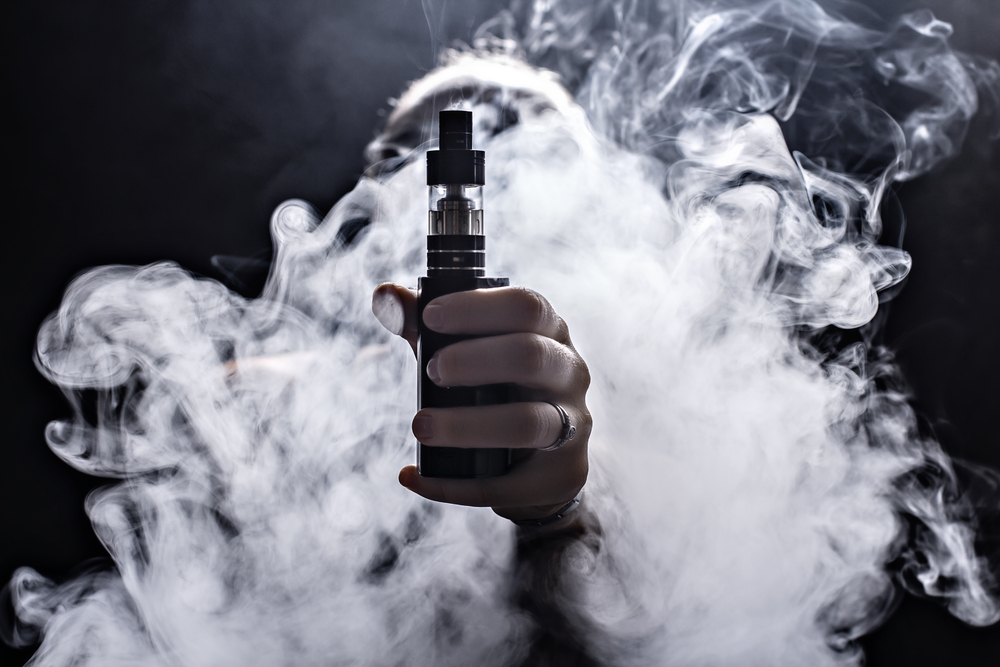So... Vaping Isn't As Harmless As People Seem To Think It Is
New research shows e-cigarette vapours could lead to various lung problems.
Researchers have found that e-cigarette vapours may cause harm that is similar to regular cigarettes
In the study, researchers used lung tissue from non-smokers to be tested in three situations:
- exposed to plain e-cigarette fluid
- exposed to varying strengths of artificial vapour, with and without nicotine
- exposed to nothing
All eight non-smokers have no history of asthma or any other forms of chronic obstructive pulmonary disease (COPD).
The findings were then published online by the British Medical Journal (BMJ) on the "Thorax" journal.
Media reports have called this study "significant" as it does not focus on the composition of e-cigarette liquid, but rather on the effects of its vapours.
It has been shown that the vapours cause inflammation and disables cells that protect lung tissue
This happens whether nicotine is present or not, though the presence of nicotine has a more pronounced effect.
When protective cells are disabled, users are more vulnerable to dust, bacteria and allergens which could lead to incurable COPD.
COPD is a progressive lung disease mainly caused by smoking and smog that's also commonly mistaken as "smoker's cough".
Image via European COPD Alliance/NCD AllianceThe cells' ability to fight off bacteria is also compromised, though it can be treated with antioxidants.
This is not the first time that the risks of vaping have been pointed out
The sudden rise in popularity of vaping - especially among youths - has pushed researchers to study its effects before its too late.
Some other health risks in regards to vaping include an increased risk of heart disease when vaping with fluids that contain nicotine and possible damage to DNA in the heart, lungs, and bladder.
In general, vaping fluid that contains nicotine could have effects that are similar to that of smoking traditional cigarettes.
However, lead researcher Professor David Thickett believes that more research needs to be done on the long-term effects of vaping
Thickett is attached to University of Birmingham's Institute of Inflammation and Ageing.
“In terms of cancer causing molecules in cigarette smoke, as opposed to cigarette vapour, there are certainly reduced numbers of carcinogens," he says.
"They are safer in terms of cancer risk, but if you vape for 20 or 30 years and this can cause COPD, then that’s something we need to know about."
Ultimately, Thickett advises vapers to practise "cautious scepticism" when it comes to deeming e-cigarettes as "safe".


